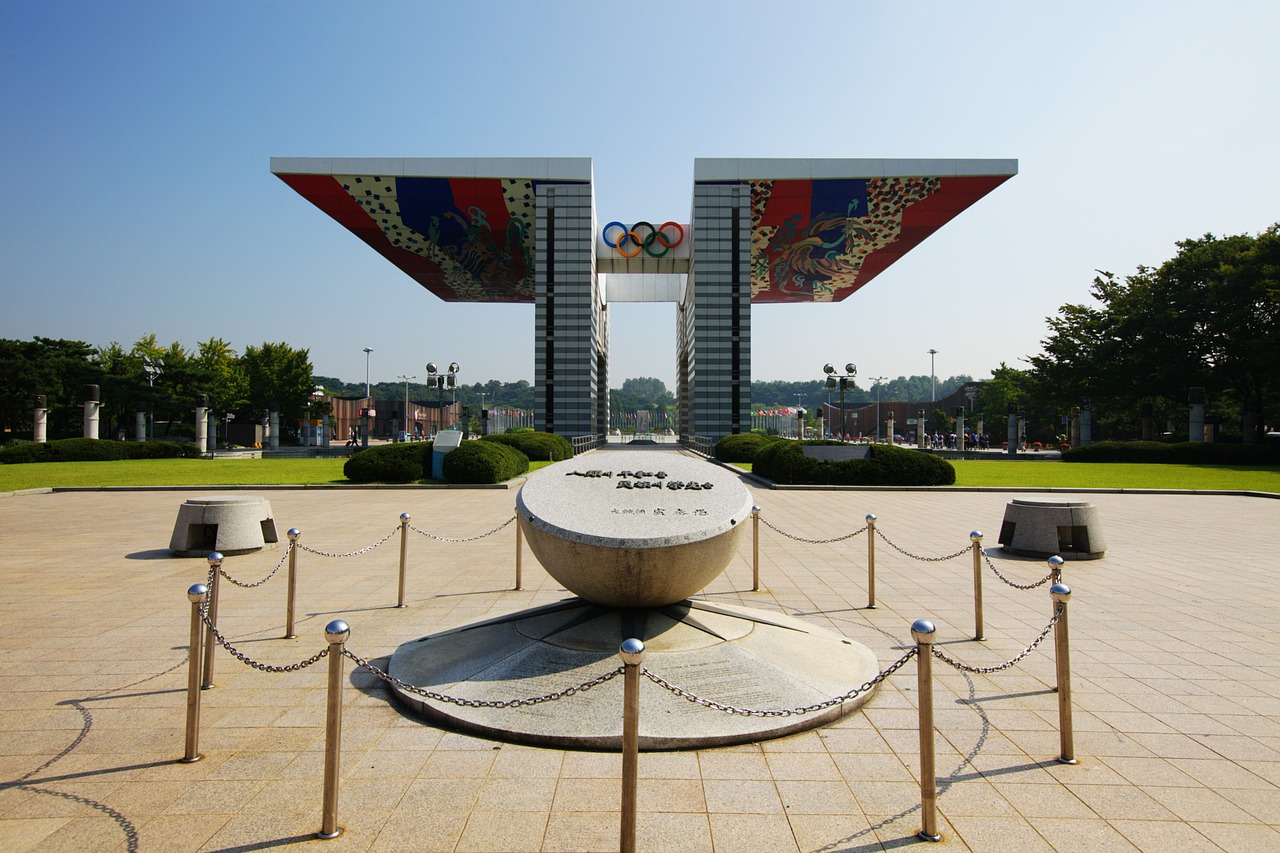Report calls for more accountability to deliver major sport infrastructure which is fit for purpose
Key changes are required to increase citizen-centred accountability to see an end to sporting construction projects built with a shelf life, according to a new research paper.

The paper from Engineers Against Poverty (EAP), an independent organisation that focusses on how public infrastructure contributes to improving quality of life and reducing poverty, addresses three core issues including changes to the legal structure of sports organisations, secrecy of information and participatory spaces for citizens.
Author of the paper, A critical analysis of accountability in Mega Sport Event infrastructure delivery, Maria da Graça Prado, said: “When decisions are made in haste and citizens left on the sidelines, we continue to see white elephant projects and a huge waste of public funds in addition to poor quality infrastructure and a lack of trust in delivery authorities and governments.”
The paper highlights the 2014 Winter Olympics in Sochi as an example which demonstrates how significant the economic waste can be. Transport infrastructure built for the games including road and rail links and tunnels and bridges connecting the coast to the mountains totalled US$10 billion and has hardly been used since the event.
Diving into the issues, the paper outlines that many sports organisers, whilst making corporate profits also benefit from having a non-profit status which results in them being less subject to scrutiny than if they enjoyed a corporate legal status. As a membership body, lines of accountability are established to member associations but neglected elsewhere, leaving citizens, who fund the events, outside the information loop.
Access to information is often denied. In the 2000 Sydney Olympics, the Cabinet imposed a general ban on Freedom of Information on Olympic documents.
According to EAP, the various ways in which citizens are excluded from having a say in decisions are in need of particular attention. When bidding for the games, host governments often forego the consent of citizens as can be seen in the Olympics where bidding cities normally conduct a survey of just 2000 people. In Vancouver, Glasgow and London despite residents being displaced for MSE infrastructure regeneration, planning processes neglected to meaningfully include those affected, EAP added.
To address these issues the paper calls for the following measures to be put in place:
- To improve access to information bids submitted to host the games should include a requirement for infrastructure project and contract documents to be published. Restrictions on the rights to information laws must be removed. Sports organisations should lead by example by changing their non-profit status, which, among other things, will ensure they abide by broader information disclosure obligations.
- A multi-stakeholder approach delivered through tools such as infrastructure planning forums could help to highlight and ensure citizens’ concerns on issues such as value for money and the impact of the construction on their everyday lives are heard, understood and mitigated. The forums could typically bring together citizens with sports organisers, infrastructure agencies, government and business.
- Other innovative means to further include citizens could see that community groups are trained to monitor and evaluate infrastructure projects. Those trained could then report to monitoring bodies to further strengthen oversight on the projects. Online accountability spaces could also ensure citizens and civic groups are able to express their views when in-person means are not possibly.
EAP said these recommendations can remove barriers to transparency of information and enable greater participatory spaces for citizens. This will allow citizens both the access to key concerns in the infrastructure delivery and the platforms from which they can highlight the issues.
By subjecting delivery authorities and governments to greater public scrutiny will mean they are more likely to rectify the key issues and that longer-term, knowing they will be held to account, guarantee the issues do not occur in the first place. This would result in greater trust in decision-makers and prevent funds from being wasted and poor projects delivered, ensuring a positive legacy from the events.





















